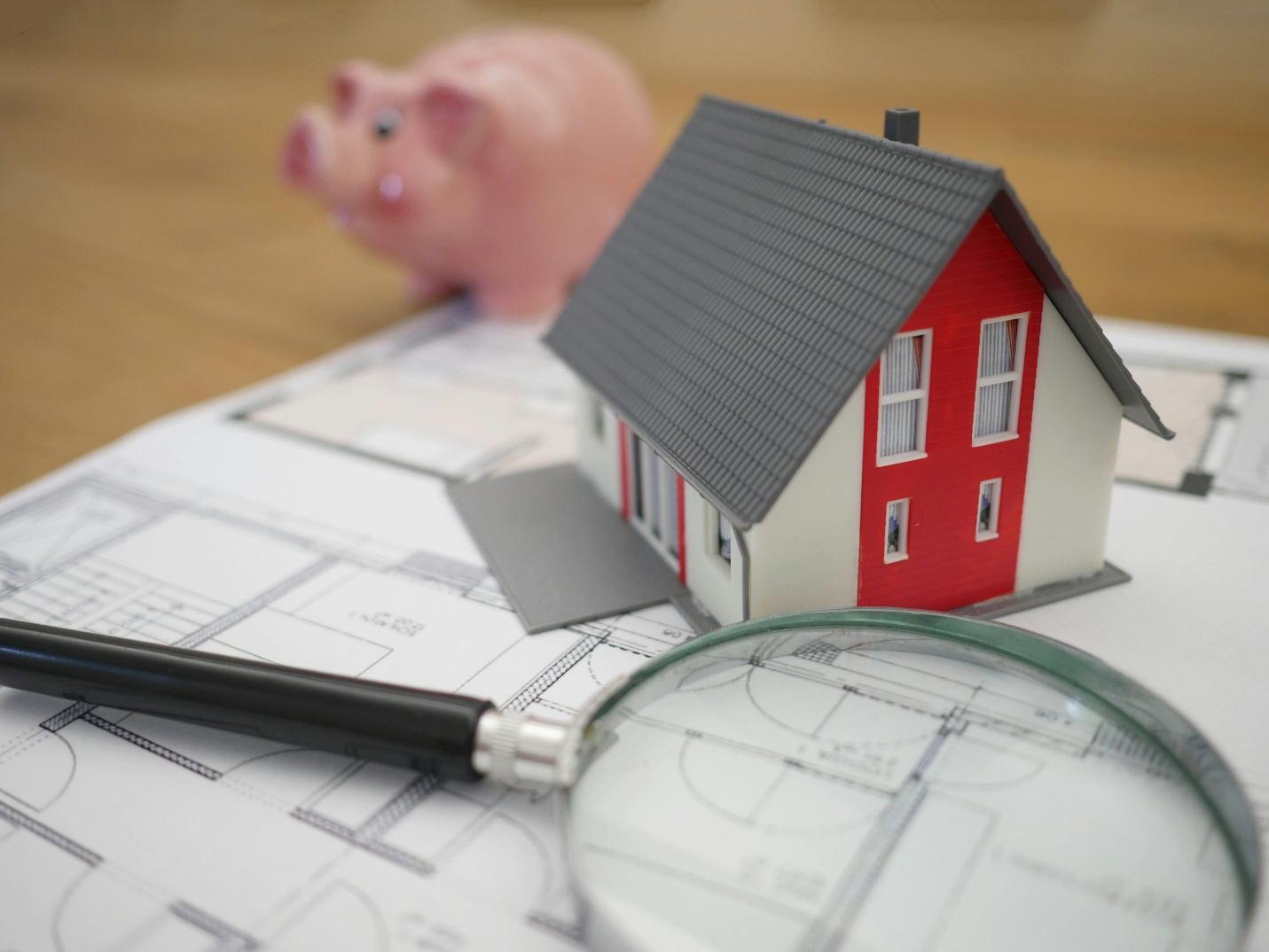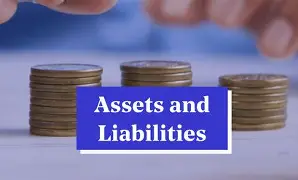Adding energy-efficient improvements to your house is a wise financial move with long-term rewards, not merely a gesture of environmental consciousness. Understanding how these improvements affect savings and property value may help you make better financial decisions, whether you're an investor or a homeowner. This is a thorough examination of the financial benefits of making your house a smart, energy-efficient sanctuary.

Lower Utility Bills
Utility expenses can be reduced as one of the direct benefits of energy-efficient renovations. Your energy use may be greatly reduced by making an investment in smart thermostats, LED lights, and energy-efficient appliances.
Smart Thermostats: these gadgets analyze your usage patterns and modify temperature and lighting to maximize energy efficiency, frequently leading to considerable reductions in energy expenses.
LED Lighting: LEDs consume up to 75% less energy than incandescent bulbs and last far longer, thus replacing them with LEDs lowers the amount of electricity used.
These technologies are a wise investment since, over time, the total savings on your electricity costs can cover the original outlay.
Increase in Home Value
Making energy-efficient improvements can raise your home's worth. Due to the long-term financial and environmental advantages, buyers are placing a higher priority on energy efficiency while looking for a property.
Window and insulation upgrades: The energy efficiency of a home may be increased by window and insulation upgrades, which will increase the property's appeal to prospective purchasers.
Ratings and Certification: Getting energy-efficiency certifications, such as Energy Star ratings, can increase the market value and desirability of your house.
Along with increasing comfort and environmental friendliness, these upgrades also boost your home's market value and draw in a larger pool of possible purchasers.

Tax Incentives and Rebates
Incentives are frequently provided by governments and utility providers to households who wish to update to more energy-efficient fixtures. These might be in the shape of:
Tax incentives: Installing solar panels, energy-efficient windows, and other environmentally friendly improvements can be less expensive thanks to federal and state tax incentives.
Rebates: A lot of utility companies give discounts on lights, HVAC systems, and appliances that use less energy.
By utilizing these financial advantages, you may drastically lower the initial expenses of your energy-efficient investments, increasing their appeal and affordability.
Environmental Impact and Long-Term Return on Investment
Investing in energy-efficient renovations helps ensure a sustainable future while also yielding immediate financial rewards.
Less Carbon Footprint: These renovations help achieve larger environmental goals by reducing the carbon emissions linked to your property by reduced energy consumption.
Long-Term ROI: Energy-efficient modifications will probably yield a higher return on investment when energy costs rise, offering both long-term financial relief and environmental advantages.
This dual effect guarantees that your investment will provide value in the now as well as the future, therefore balancing ethical and financial objectives.
Smart Home Integration
The combination of energy-efficient renovations and smart technologies results in a fully automated house that optimizes convenience and savings.
Smart Appliances: Equipped with smart features, refrigerators, ovens, and washing machines offer insights into consumption trends and recommendations for maximizing energy efficiency.
Remote Monitoring: A lot of smart gadgets let you keep an eye on and manage your energy use from a distance, so you can continue to get the most out of your energy-saving setups even while you're away from home.
When energy-efficient modifications are combined with these technologies, overall savings are increased and their efficacy is increased.

Conclusion
Making the switch to an energy-efficient, smart home is a wise investment with several financial advantages. These modifications give a strong return on investment since they save utility costs, raise property values, take advantage of tax breaks, and support environmental preservation.
The financial and environmental advantages of energy-efficient modifications are undeniable, regardless of whether you intend to remain in your house for a long time or are thinking about selling. Including these assets in your financial plan can result in long-term savings and a better, more energy-efficient future as more and more homes become aware of their potential.

Comprehending How Interest Rates Affect Personal Loans

Beyond Profit: Judging a Side Hustle’s True Worth

Real Estate: The End of “Only Up”

Life-Changing Financial Habits: Master Your Finances

Alipay & WeChat Pay: The Unseen Financial Insights

The Benefits of a 529 Plan for College Savings

Crafting Your Emergency Financial Fortress
